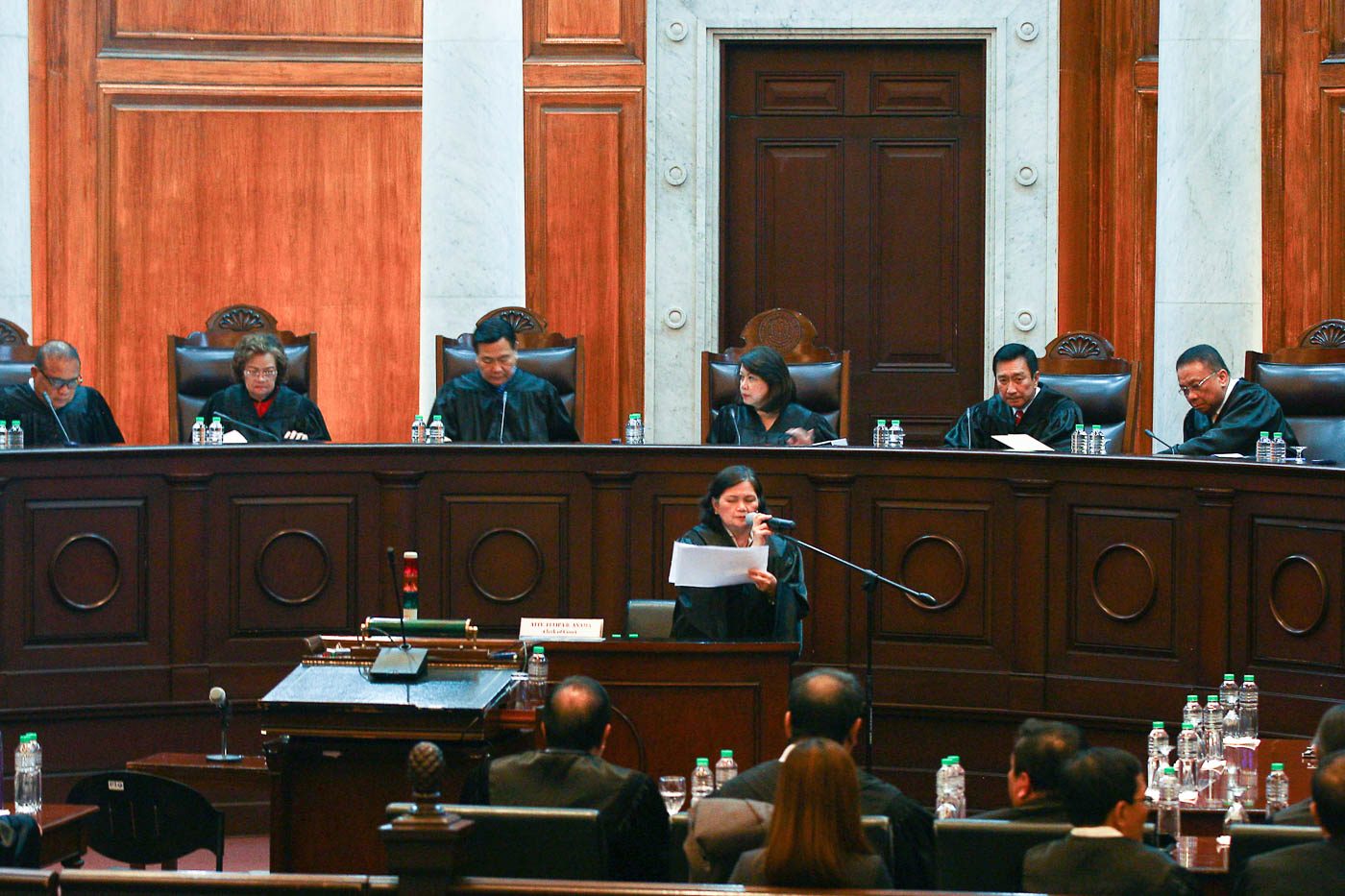SUMMARY
This is AI generated summarization, which may have errors. For context, always refer to the full article.

MANILA, Philippines – Retired Supreme Court (SC) justice Vicente Mendoza on Thursday, February 1, brought up the idea of subjecting judiciary appointees to the confirmation of the Commission on Appointments (CA).
“I’m ready to reconsider a return of making appointments to the judiciary subject to approval or confirmation by the CA as in the old system,” said Mendoza, who was among the resource speakers in the Senate’s 4th hearing on Charter Change.
Under the 1935 Constitution, appointments to the judiciary had to go through the CA, as Cabinet secretaries do today.
That changed under the 1973 Constitution when then president Ferdinand Marcos had the sole authority to appoint justices.
When Marcos was ousted, one of the significant amendments in the 1987 Constitution was the creation of the Judicial and Bar Council (JBC), which screens applicants to the bench.
Under the current system, the JBC comes up with a shortlist that it sends to the President who then makes the final choice.
“I cannot say that the selection system at present is any better than the former system on selecting members of the judiciary,” Mendoza said. He served in the SC from 1994 to 2002.
Mendoza also said there needs to be a clarification on how Congress votes in the JBC. As it is, the chairpersons of both the justice committees of the Senate and the House of Representatives are members of the JBC, but they only get one vote.
They take turns in voting – at present, Oriental Mindoro 2nd District Representative Reynaldo Umali gets to vote from January to June while Senator Richard Gordon gets to vote from July to December.
“I suggest that this provision be clarified, perhaps the senators before coming to a question, they can sit together and decide which to vote, or how to cast their vote but only one vote,” Mendoza said.
Umali had asked the SC to change the setup and let the House and the Senate get one vote each, but his petition was denied 9-5 in July 2017.
House Majority Leader Rodolfo Fariñas would support Mendoza as he once said during an impeachment hearing that Congress must be “strict with justices” and even with the Ombudsman. – Rappler.com
Add a comment
How does this make you feel?
There are no comments yet. Add your comment to start the conversation.